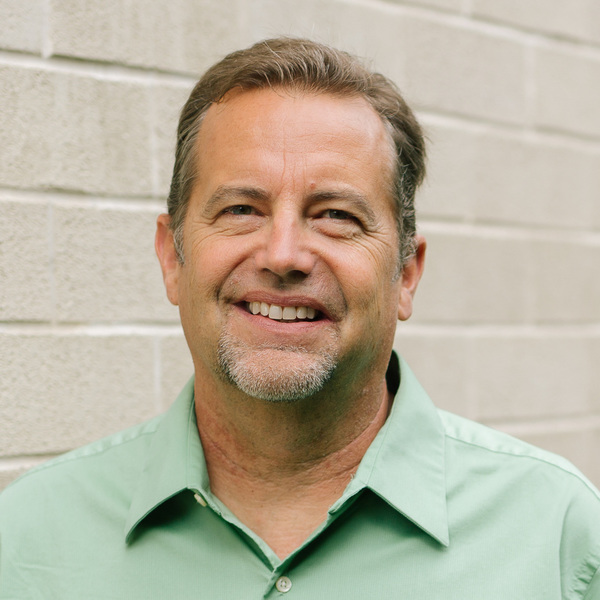B.A. in Sociology
Overview
Throughout Scripture, God’s people are called to confront injustice and seek shalom. Biola's B.A. in Sociology major, offered by the sociology department, equips you for this task by teaching you to conduct sociological research and critically analyze such varied aspects of social life as family, crime, gender, race, ethnicity, religion and values. This program then guides sociology majors on how to apply this sociological knowledge and sociological theory to real-life issues in a variety of professional settings, including market research and human services.
In addition to its strong curriculum, expert faculty members and biblical integration, Biola’s sociology program offers several key advantages:
- The program offers an excellent training ground for both the practical and theoretical understanding of society, and places great emphasis on teaching you how to apply what you have learned in the classroom. This includes the development of critical thinking skills and the use of research methods, including both quantitative and qualitative research methods.
- Small classes give you an opportunity to form deep relationships with your professors and fellow students.
- Biola’s location in Southern California — one of the world’s largest and most diverse metropolitan areas — is ideal for internships, research and job opportunities, offering a global perspective to students.
Concentrations
- Criminology
The criminology concentration provides students an opportunity to study crime and related issues from a social scientific perspective, infusing themes of social justice and Christian ethics, and recognizing social inequalities present within the criminal justice system.
- Social Work
The social work concentration is organized as a broad preparation for students who desire to enter the helping professions.



